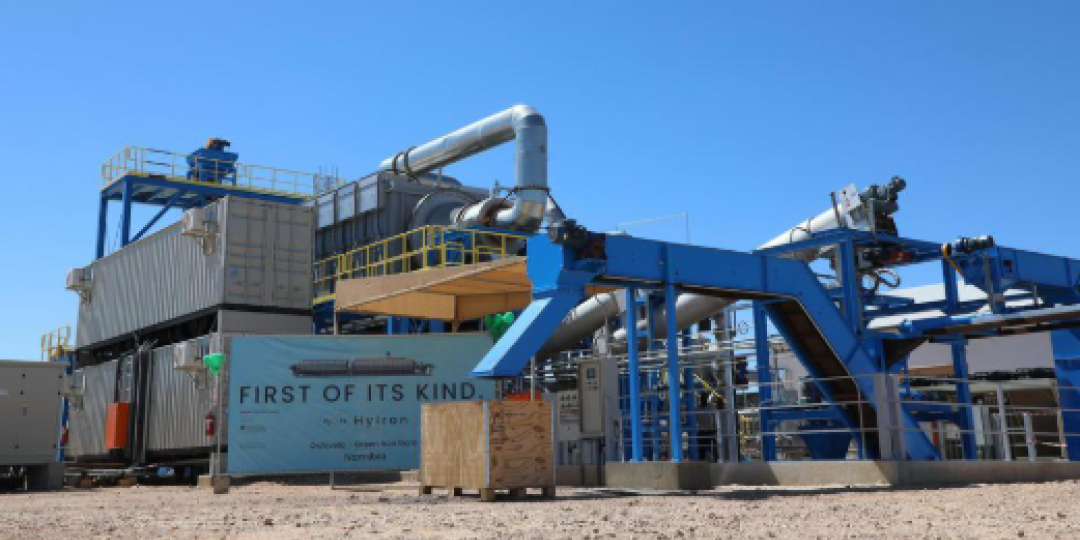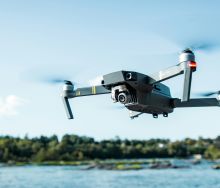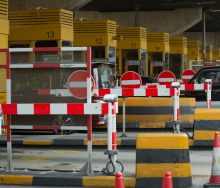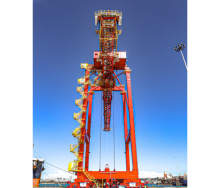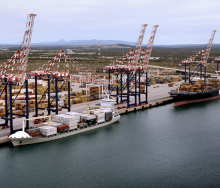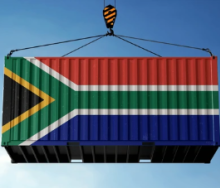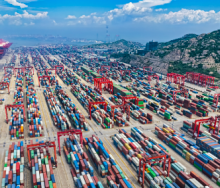Namibia has officially launched one of the world’s first industrial facilities capable of producing decarbonised iron — the HyIron Oshivela Plant in Arandis, approximately 94 kilometres from the Port of Walvis Bay.
The N$600 million investment places Namibia at the forefront of sustainable industrial development and positions the country as a key global partner in the green manufacturing revolution.
President Netumbo Nandi-Ndaitwah hailed the project as a landmark achievement in Namibia’s transition to a green-energy-driven industrial sector.
“This project positions our country as a strategic partner in the production of iron, a vital material across the automotive, energy and manufacturing industries,” she said.
Constructed in under 12 months, the plant employed around 400 people during the building phase and continues to provide employment opportunities for both skilled and unskilled Namibians – with 90% of the workforce comprising young people.
Situated in the Erongo Region, the HyIron plant is among the pioneering global facilities dedicated to zero-emission iron production.
“This project not only contributes to the global fight against climate change but also demonstrates Namibia’s commitment to a carbon-free economy,” Nandi-Ndaitwah told the state-owned publication, New Era Live.
It is anticipated that local value-added production will generate between six and eight times more economic value compared with the export of raw materials.
The plant is the result of international collaboration, with components sourced from the European Union, the United States, China, Japan and the United Kingdom.
“It reflects what can be accomplished when visionary leadership, global cooperation and local talent converge,” Nandi-Ndaitwah said.
She further noted that 90% of the workforce during the initial operational phase consisted of young Namibians.
“Our aim is to foster a favourable environment for investment – both domestic and foreign.
“Namibia not only possesses raw materials and renewable energy resources, but crucially, also has the necessary human capital, political resolve and strong dedication to global sustainability goals,” she said.
Minister of Mines, Energy and Industrialisation, Natangwe Ithete, said: “Our strategy focuses on establishing sustainable industrial clusters that not only cut emissions but also respond to shifting global trade dynamics, where carbon-intensive products are increasingly facing restrictions.
“Clean energy is fast becoming a competitive edge. Countries across the globe are beginning to prefer goods manufactured using renewable energy. By producing such goods, Namibia can stay ahead of international regulations and enhance its competitiveness on the global stage.”
